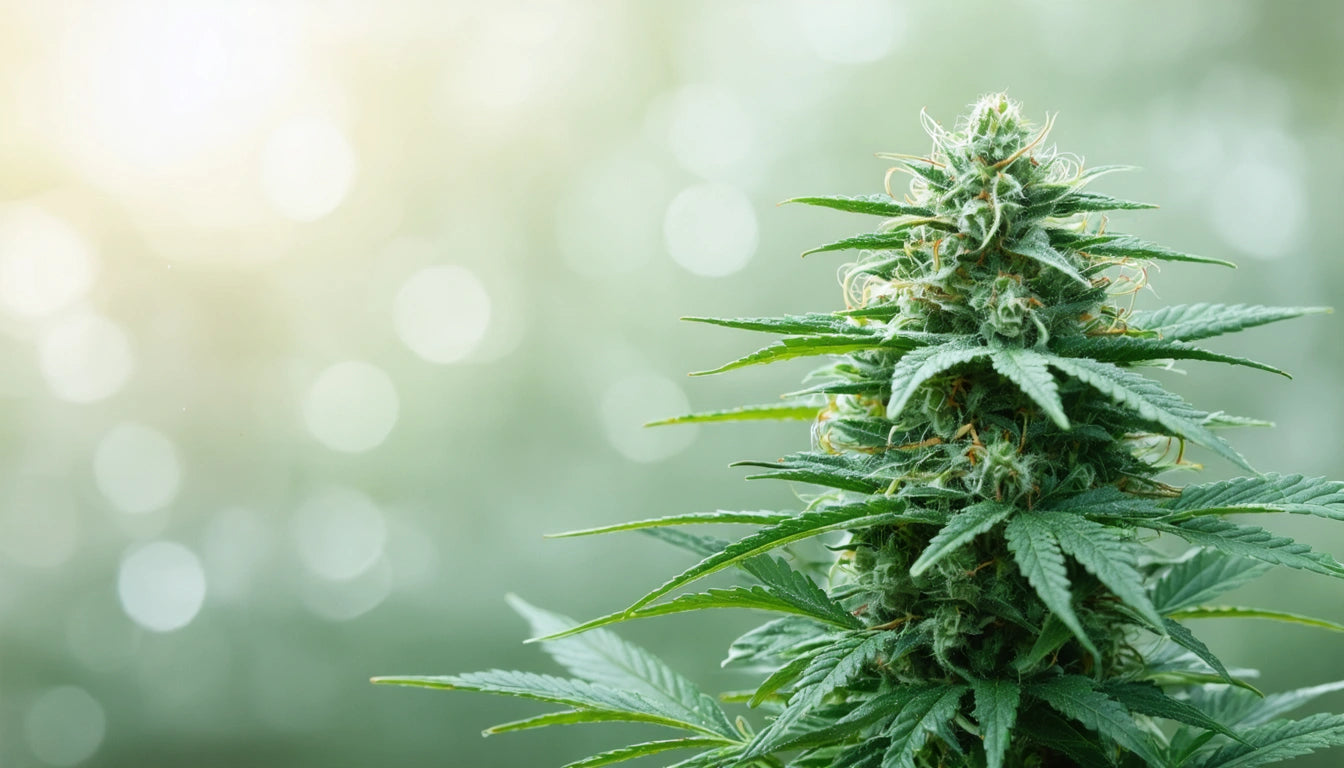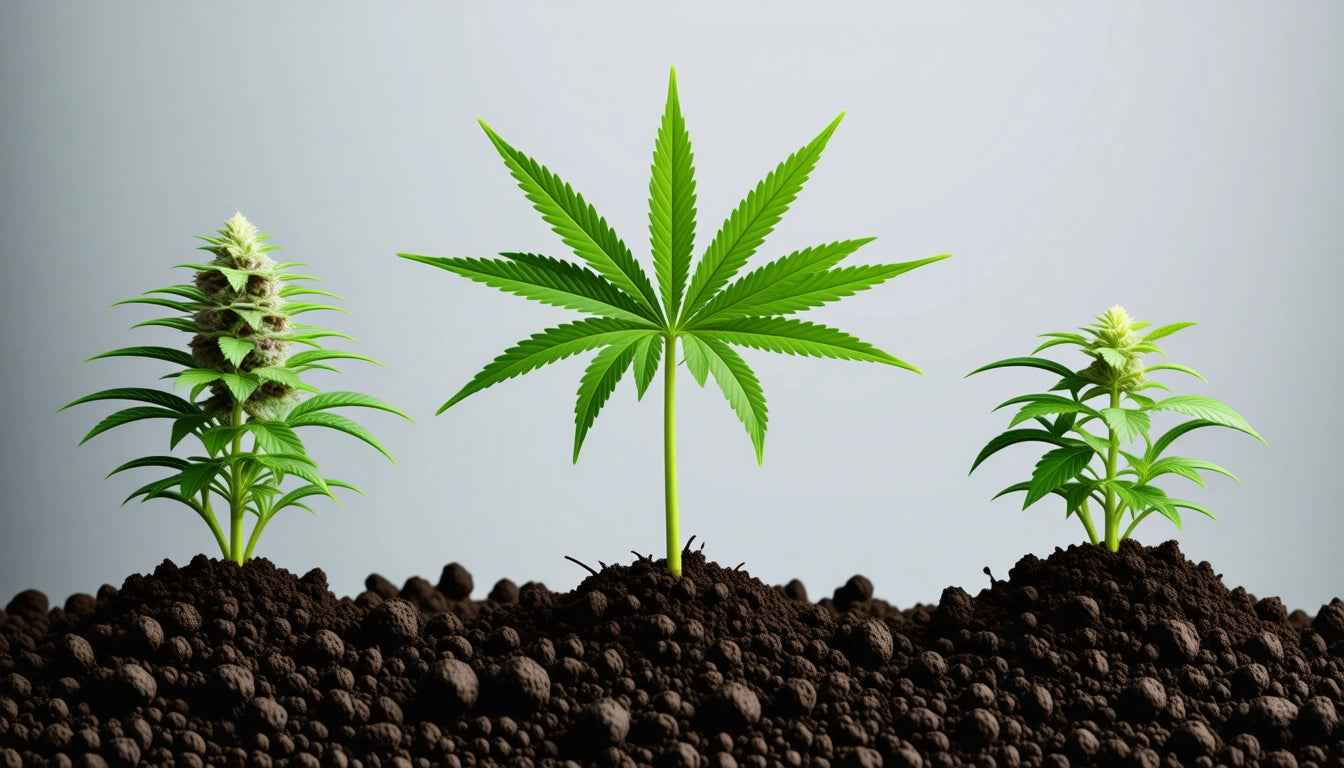Table of Contents
Understanding Jail Time and Legal Consequences for Marijuana-Related Offenses
The legal landscape surrounding marijuana offenses continues to evolve rapidly across the United States. While some states have fully legalized recreational use, others maintain strict prohibitions with significant criminal penalties. Understanding how long you can go to jail for weed depends on numerous factors including location, amount possessed, prior offenses, and whether the charge involves simple possession or more serious activities like distribution.
State Variation in Marijuana Penalties
Marijuana penalties vary dramatically from state to state, creating a complex patchwork of laws that can be difficult to navigate. In states where recreational marijuana remains illegal, penalties range from minor fines to significant jail time.
Legal States vs. Prohibition States
In states with legalized recreational marijuana, adults typically face no penalties for possessing small amounts for personal use. However, exceeding possession limits or engaging in unlicensed sales can still result in criminal charges. In prohibition states, even small amounts can lead to incarceration, especially for repeat offenders.
According to incarceration rate statistics, despite growing legalization movements, thousands of Americans remain imprisoned for marijuana-related offenses, with significant disparities in enforcement across demographic groups.
Possession Charges and Potential Sentences
For first-time offenders caught with small amounts of marijuana (typically under an ounce), penalties often include:
- Legal states: No criminal penalties for amounts within legal limits
- Decriminalized states: Civil fines similar to traffic tickets, typically $50-$500
- Prohibition states: Potential misdemeanor charges with sentences ranging from 30 days to 1 year
For larger amounts or repeat offenses, how long you go to jail for weed increases substantially:
- Possession of 1-5 pounds: Potential felony charges with 1-5 years imprisonment
- Multiple offenses: Progressive penalties, with third strikes sometimes carrying 2-10 years
Distribution and Cultivation Penalties
Selling or growing marijuana carries much stiffer penalties than simple possession. In states maintaining prohibition:
- Sale of small amounts (under 50 pounds): 1-5 years imprisonment
- Large-scale distribution (50+ pounds): 5-30 years imprisonment
- Cultivation (based on plant count): Typically 1-15 years depending on quantity
- Sale to minors or near schools: Enhanced penalties, often doubling base sentences
Probation Violations and Marijuana Use
For individuals on probation, marijuana use typically constitutes a violation regardless of local legalization status. Understanding marijuana use while on probation is crucial, as violations can result in:
- First violation: Warning or increased supervision
- Subsequent violations: 30 days to full revocation of probation
- Failed drug tests: Potential immediate detention pending hearing
The question of how long can u smoke while on probation has a simple answer in most jurisdictions: you cannot. Even in legal states, probation terms typically prohibit all substance use, though some jurisdictions have begun modifying these terms for medical marijuana patients.
Statute of Limitations for Drug Charges
Understanding how long do police have to file drug charges is important for those concerned about potential prosecution. Typically:
- Misdemeanor possession: 1-2 year statute of limitations
- Felony distribution: 3-5 year statute of limitations
- Federal drug offenses: 5 year statute of limitations
However, these timeframes can be extended in certain circumstances, such as when a suspect leaves the jurisdiction. Evidence collection and proper processing are crucial parts of this timeline, with law enforcement often using specialized equipment for processing and analyzing substances to build their cases.
Understanding Fine-to-Jail-Time Conversion
For those unable to pay fines, courts may convert financial penalties to jail time. The question of how many days in jail is a $500 fine varies by jurisdiction, but typical conversions range from $50-$100 per day. This means a $500 fine might convert to 5-10 days in jail if the defendant cannot pay.
This practice has faced increasing scrutiny as it disproportionately affects low-income defendants. Some jurisdictions have implemented alternative programs such as community service options or payment plans to address this inequity.
Legal Reforms and Changing Enforcement Patterns
The landscape of marijuana enforcement continues to evolve rapidly. Recent trends include:
- Expungement programs for past convictions in newly-legal states
- Reduced prosecution priorities for simple possession cases
- Diversion programs offering treatment instead of incarceration
- Federal reform discussions potentially impacting sentences nationwide
For those concerned about how long will you go to jail for weed, staying informed about local laws is essential. Penalties continue to decrease in many jurisdictions as public opinion shifts toward viewing marijuana through a public health rather than criminal justice lens.
Understanding how long marijuana stays in your system is also important for those subject to drug testing, as detection windows can affect employment, probation compliance, and legal defenses.
As reform efforts continue nationwide, many advocates hope to see the end of incarceration for marijuana possession entirely, with resources redirected toward education, treatment, and regulated markets that prioritize public health and safety.











Leave a comment
All comments are moderated before being published.
This site is protected by hCaptcha and the hCaptcha Privacy Policy and Terms of Service apply.